Electric radiators are an efficient heating solution.
Lucht LHZ electric radiators are ERP-compliant and fulfil the highest European standards for energy efficiency in accordance with the EU Ecodesign Directive. Independent tests and scientific studies by institutions such as SLG Prüf- und Zertifizierungs GmbH, the Technical University of Dresden and other experts confirm the energy efficiency and performance of our products.
We offer OEM partners the opportunity to use our technology and production capacities to develop and offer customised electric radiators. With a continuous production chain and a modern ERP system, we guarantee high quality standards and delivery reliability.
Discover our wide range of products and become part of an efficient and future-proof heating solution.
As part of a joint study by TU Dresden and Lucht LHZ Elektroheizung GmbH & Co. KG, a metrological comparison was carried out between a surface storage heater and an infrared heater.
The scientists developed a detailed test setup in the Combined Energy Lab at TU Dresden to analyse the performance and heat distribution of the two types of heating. They used a specially temperature-controlled room in which various scenarios were tested.
The result: surface storage heating ensures even temperature distribution and requires around 34% less energy than infrared heating to maintain the desired room temperature. Infrared heating mainly emits radiant heat and is better suited for targeted heating of occupied zones, but shows an uneven temperature distribution in the room.
Find out more about the study (PDF – in German)
Download: Test report (PDF – in German)
Find out more about surface storage heaters and infrared heaters from Lucht LHZ

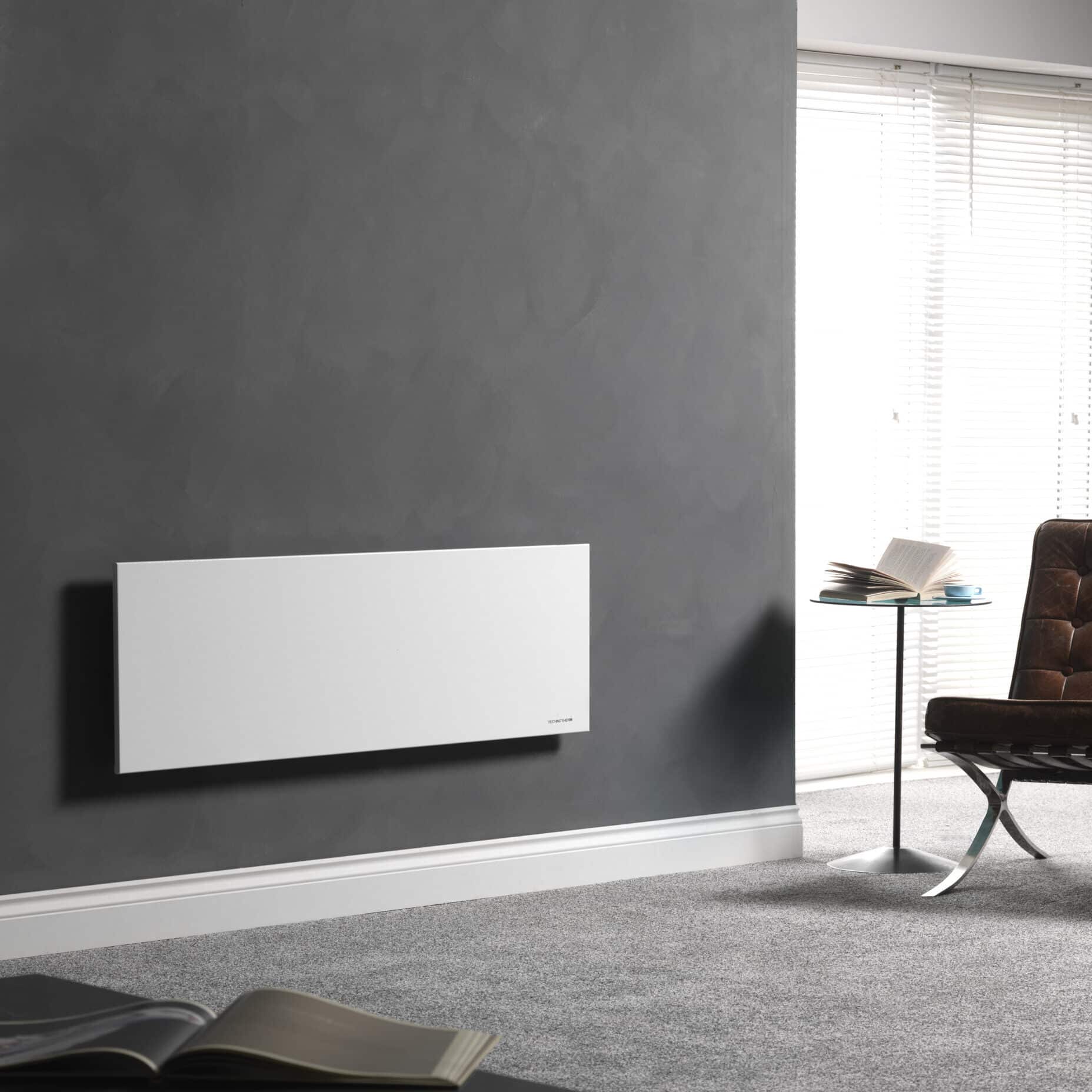
The study commissioned by IG Infrarot from the Fraunhofer Institute shows: Infrared heaters consume 32% less final energy than gas condensing boilers.
The tests on two identical buildings clearly showed that the thermal comfort of both heating systems was similar. However, infrared heaters are more energy efficient. The study comes to the clear conclusion that the technology offers great potential for energy savings and improved heating performance, particularly in existing buildings.
In order to exploit the full potential, further studies on economic efficiency and energy balance are planned. The only weak point is the slightly higher carbon footprint of infrared heaters compared to gas heaters. This is due to the generation of electricity from fossil fuels, although a significant reduction is expected in the future due to the increasing use of renewable energies.
Find out more about the study (in German)
Download: Test results (PDF – in German)
Find out more about infrared heaters manufactured by Lucht LHZ
As part of a joint study by TU Dresden and Lucht LHZ Elektroheizung GmbH & Co. KG, the scientists carried out a metrological analysis to determine the proportions of heat dissipated by convection and radiation in a partial storage heater. To do this, they designed a test rig concept and implemented it in the indoor climate room of the Combined Energy Lab at TU Dresden. They then carried out stationary tests under various load conditions. Using the measurement data obtained, they calculated the radiation and convection heat flows of our partial storage heater.
The result: approx. 41% of the heat dissipation in the entire room is caused by radiation and approx. 59% by convection – regardless of the load conditions of the partial storage heater.
Download: Test results (PDF – in German)
Learn more about the Lucht LHZ surface storage heater
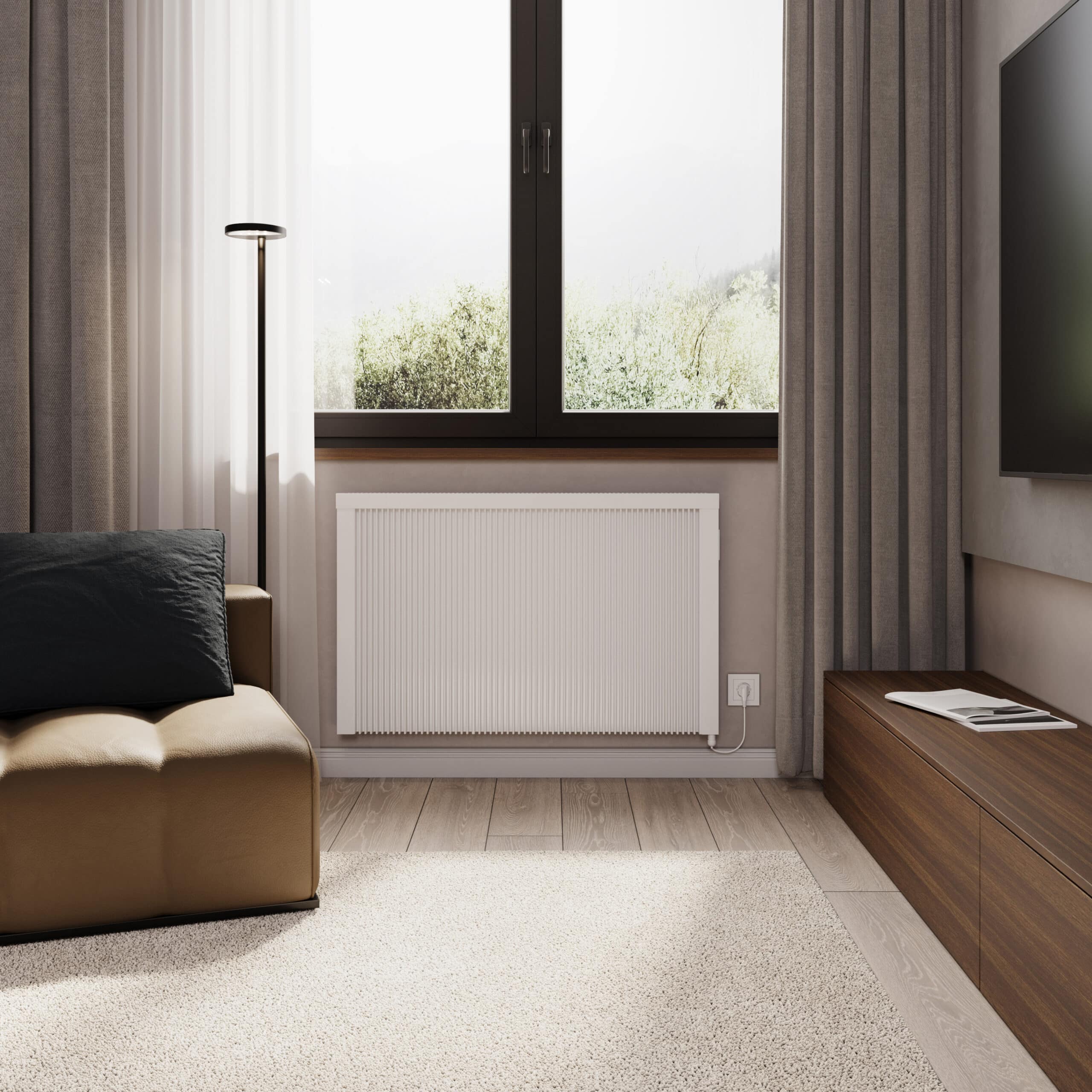

The industry association IG Infrarot commissioned a study in which scientists at TU Dresden investigated whether an existing water-bearing heating system with high flow temperatures (i.e. a conventional oil or gas heating system) can be upgraded for operation with a heat pump at low temperatures by combining it with an infrared heating system.
The result: Prof. Dr.-Ing. habil. Joachim Seifert, Head of Building Energy Technology at the Institute of Energy Technology at TU Dresden, summarises the results as follows: “Heat pump systems in combination with electric infrared heaters represent a technological option for old buildings. The fulfilment of the heating task and thermal comfort can be guaranteed with this system combination.”
Download: Final report of the study (PDF – in German)
Discover the Lucht LHZ infrared heaters
Prof. Dipl.-Ing. Timo Leukefeld et. al. compare infrared heaters with air-to-water heat pump heating systems based on the following criteria:
1. operating principle
2. grey energy
3. electricity consumption
4. total costs
The result: A heat pump heating system has significantly higher grey energy for production and disposal than an infrared heating system. Heat pumps require less electricity to operate, Nevertheless, the infrared variants 1b (heating with ceiling infrared panels and electric hot water boiler) and 2b (heating with ceiling infrared panels and electric hot water boiler in combination with a PV system with a nominal output of 10 kW and a battery system with a capacity of 10 kWh) are more economical than the heat pump variants 1a (heating and hot water preparation with an air-to-water heat pump) and 2a (heating and hot water preparation with an air-to-water heat pump in combination with a PV system) when comparing the systems. The service life of the heat pump is shorter than its static amortisation period (35 and 47 years respectively). Amortisation is therefore impossible. The required technical area of the variants is around 2 m² less if the heat pump can be omitted.
Download the study (PDF – in German)
Discover the Lucht LHZ infrared heaters
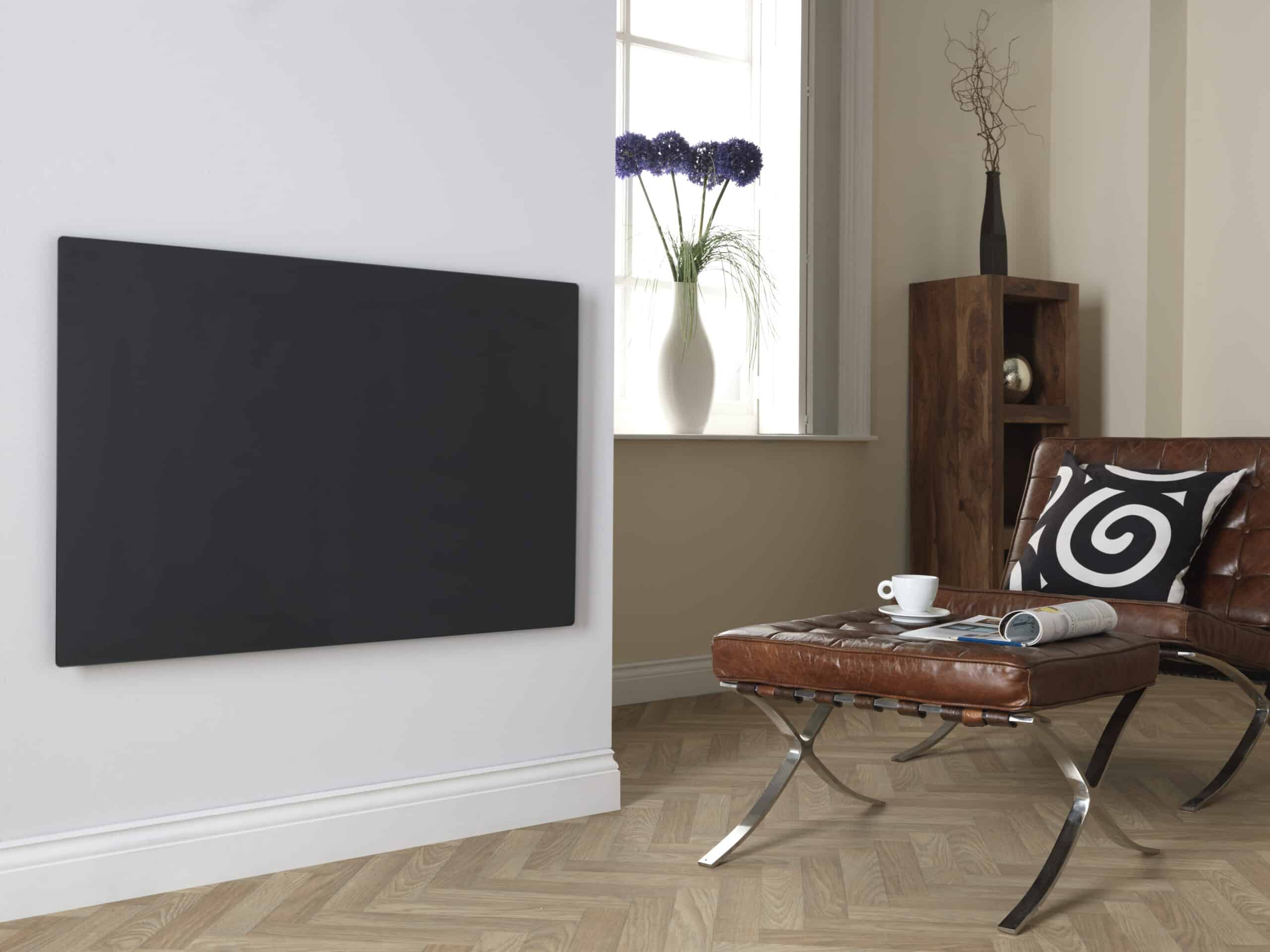
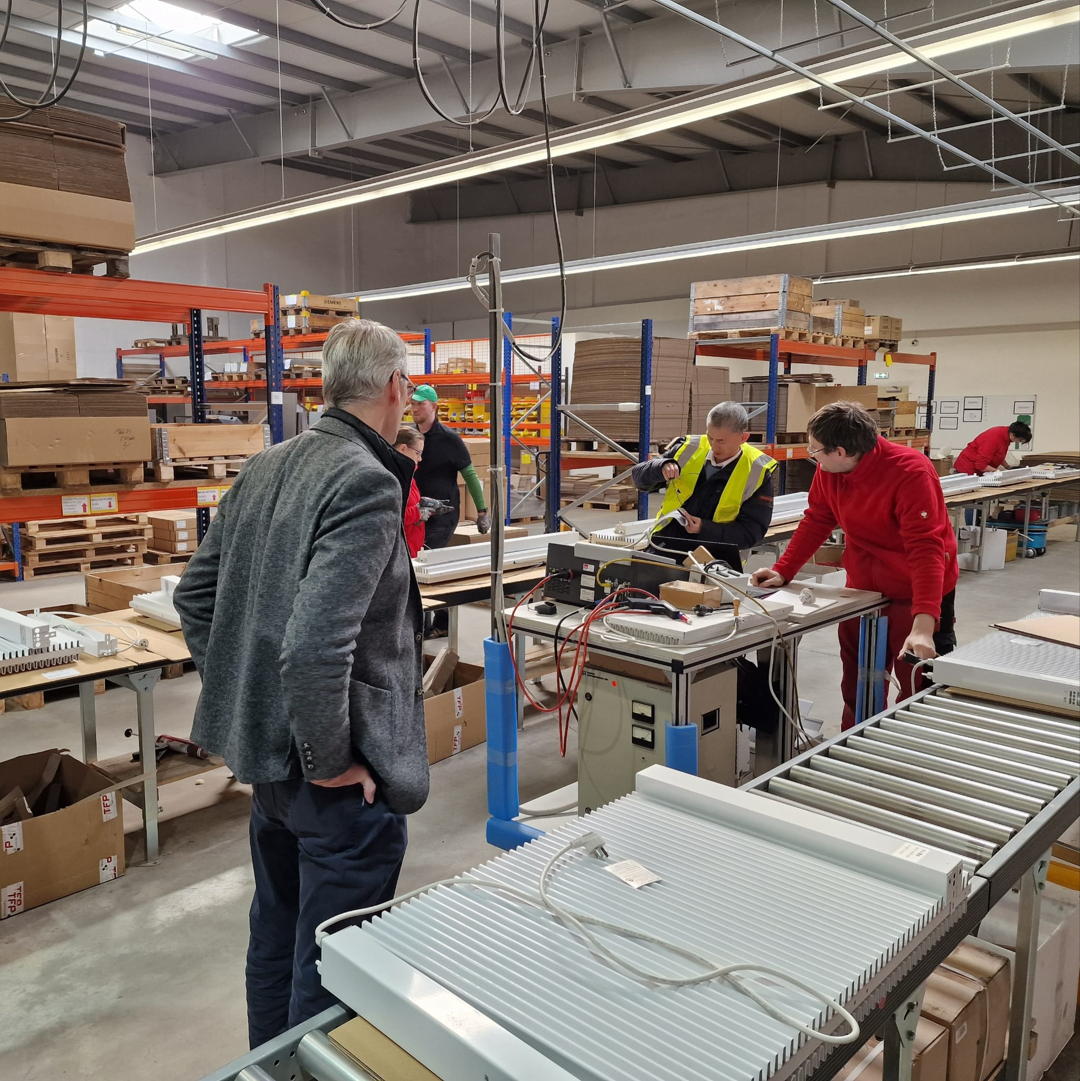
The testing experts at SLG Prüf- und Zertifizierungs GmbH (SLG) tested the energy consumption of our electric heaters at an ambient temperature of 5 °C and a room temperature of 21 °C with an air exchange rate in the test chamber of 1.0/h.
Partial storage heater: Test report (PDF)
Our ERP-compliant heaters minimize energy consumption and meet the strictest European standards.
Thanks to the EU Ecodesign Directive, our heaters not only reduce costs, but also environmental impact throughout their entire service life.
As an OEM partner, your customers benefit from innovative technology and sustainability that reduces heating costs in the long term.
Lucht LHZ focuses on efficient and responsible heating systems for a sustainable future.
Lucht LHZ is proud to present a detailed experience report from one of our OEM customers who have successfully used our partial storage heaters (also known as surface storage heaters) in their renovated old single-family home.
The M. family, consisting of two adults and two children, has lived in a semi-detached house in the Erzgebirge foothills near Chemnitz since spring 2021. The following report summarizes the results and experiences from three years of heating practice.
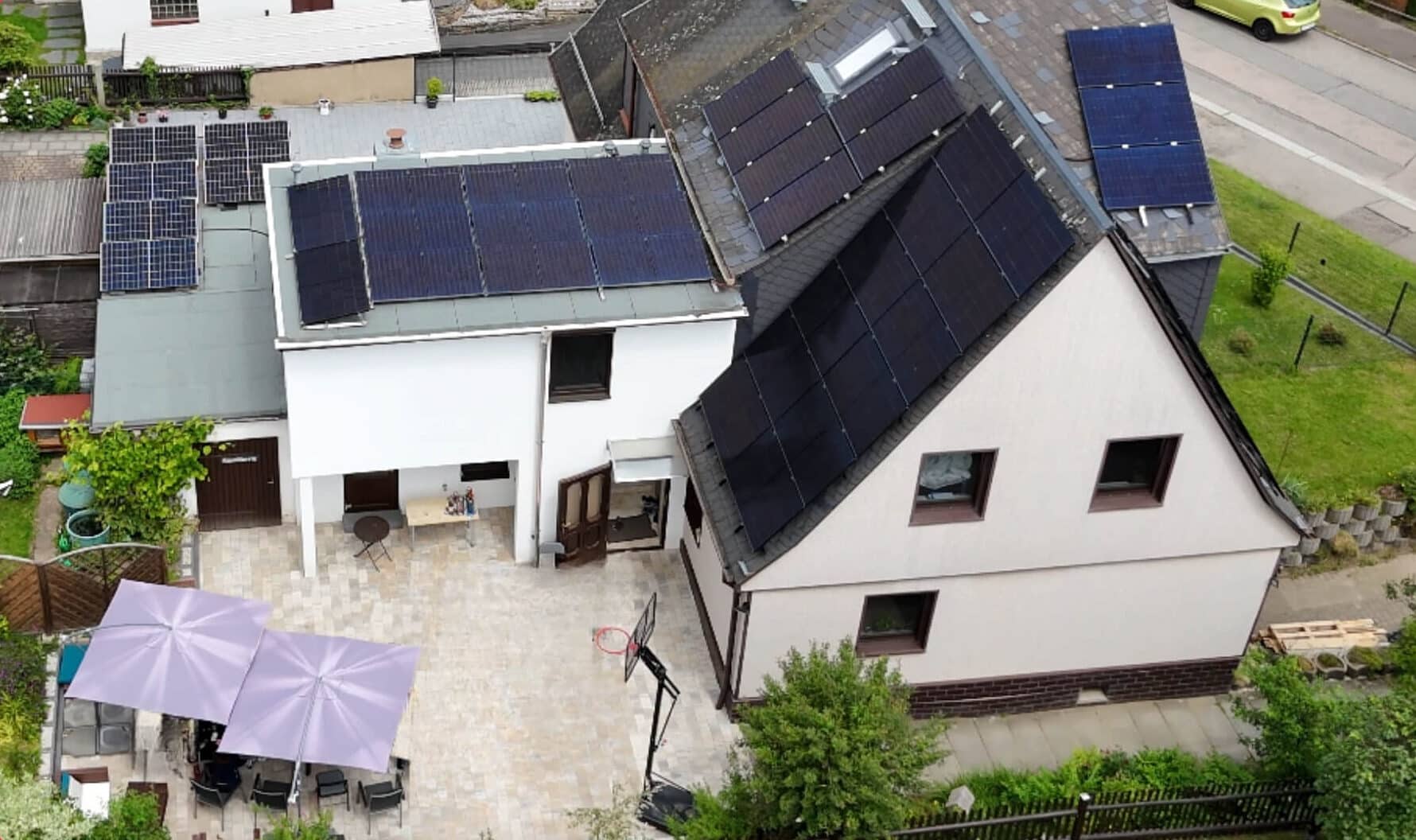
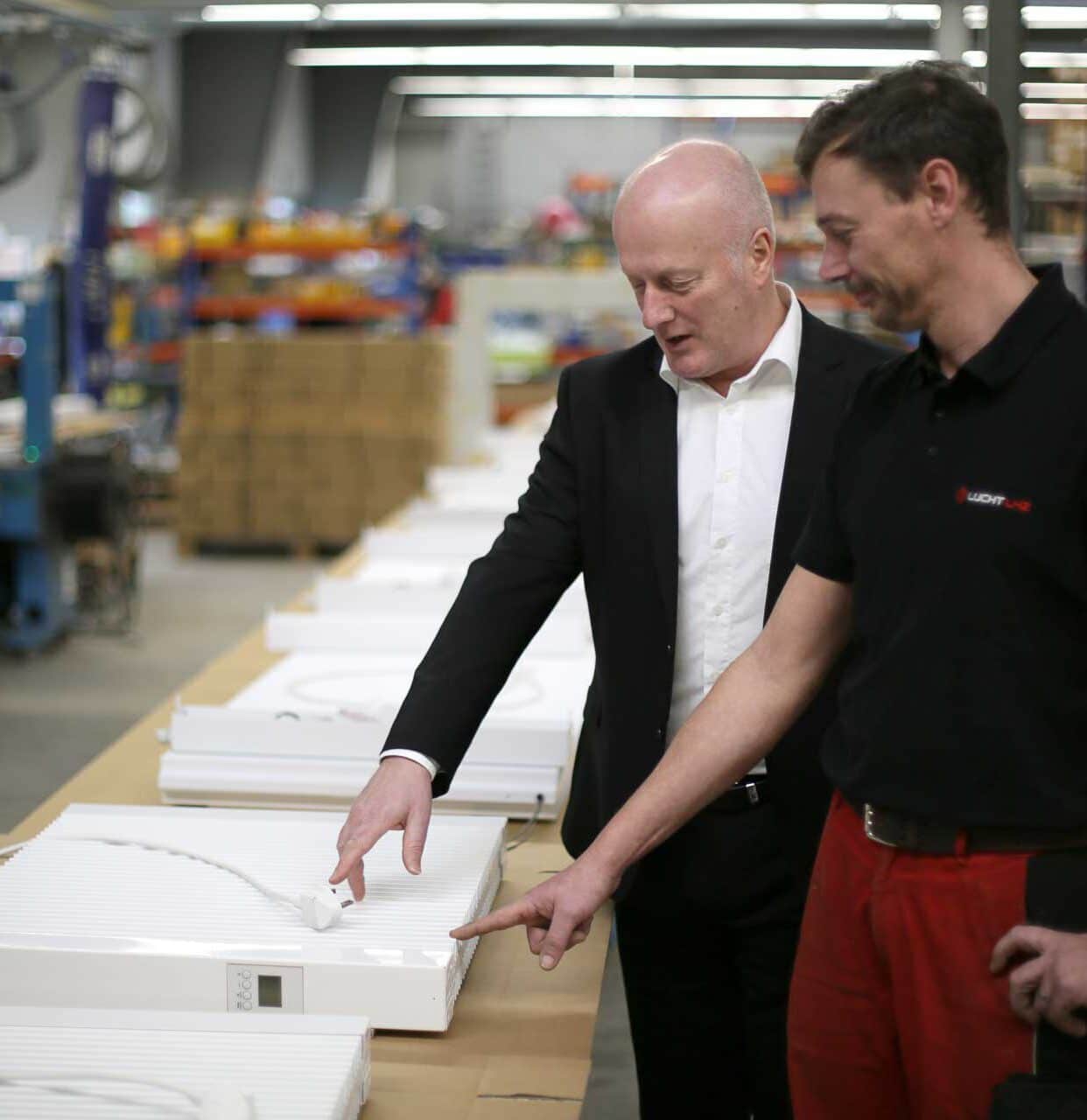
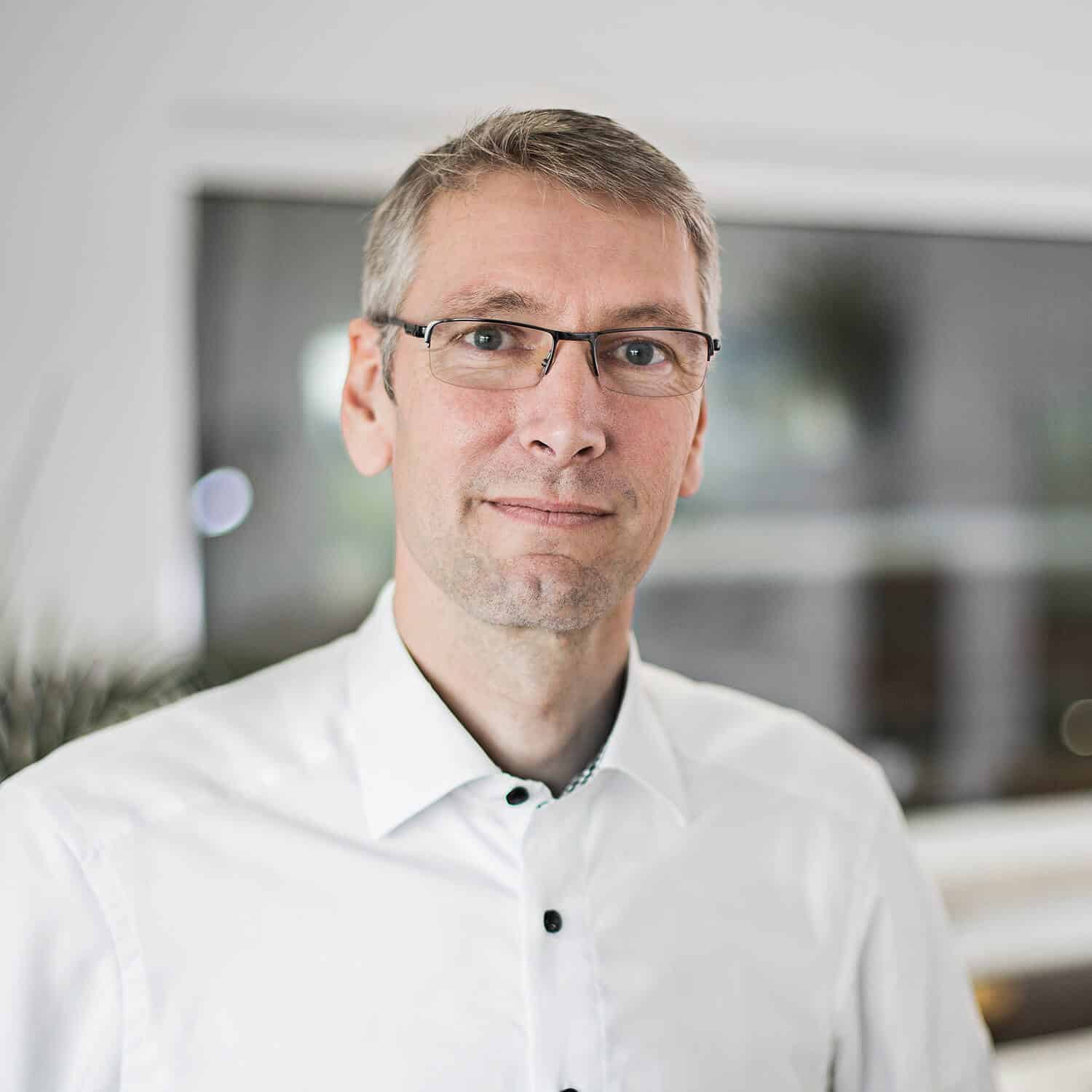
Uwe Lucht
Managing director
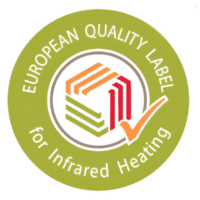



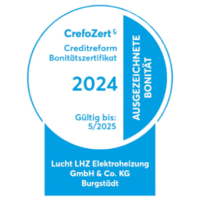
Buchen Sie uns
Filialsuche
Finden Sie die nächstgelegene Filiale
Schreiben Sie uns
Kontaktformular
Wir freuen uns auf Ihre Nachricht
Rufen Sie uns an
+49 (0) 3724 66869 0
Mo. – Fr.: 08:00 – 20:00 Uhr
Sa.: 08:00 – 17:00 Uhr
bundeseinheitliche Feiertage und Sonntag ausgeschlossen
Lassen Sie sich beraten
Terminvereinbarung
Persönlichen Termin vereinbaren
Finden Sie die nächstgelgende Filiale
Wir freuen uns auf Ihre Nachricht
Mo. - Fr.: 08:00 - 20:00 Uhr
Sa.: 08:00 - 17:00 Uhr
bundeseinheitliche Feiertage und Sonntag ausgeschlossen
Persönlichen Termin vereinbaren
Visit us
Branch locator
Write us
Contact form
We look forward to your message
Call us
+49 (0) 3724 66869 0
Mon. – Fri.: 08:00 a.m. – 20:00 p.m.
Sat.: 08:00 a.m. – 17:00 p.m.
Federal holidays and Sundays excluded
Get advice
Arrange an appointment
Arrange a personal appointment
Finden Sie die nächstgelgende Filiale
Wir freuen uns auf Ihre Nachricht
Mo. - Fr.: 08:00 - 20:00 Uhr
Sa.: 08:00 - 17:00 Uhr
bundeseinheitliche Feiertage und Sonntag ausgeschlossen
Persönlichen Termin vereinbaren